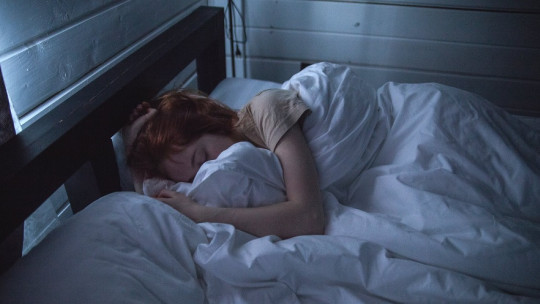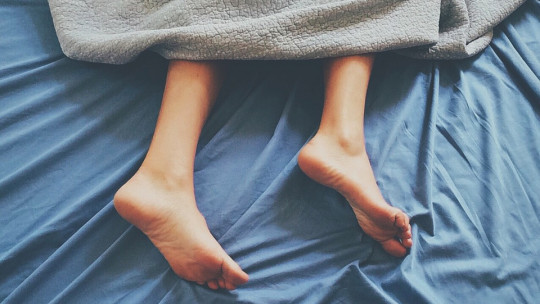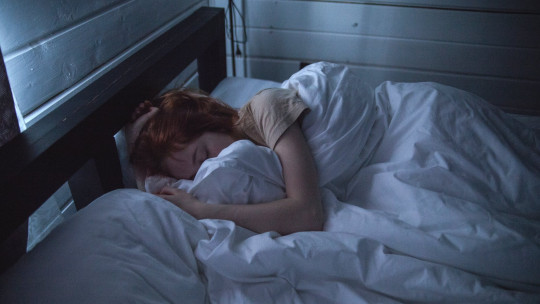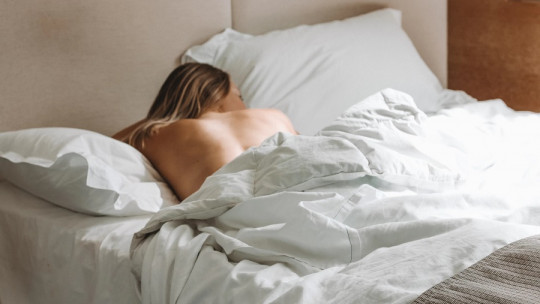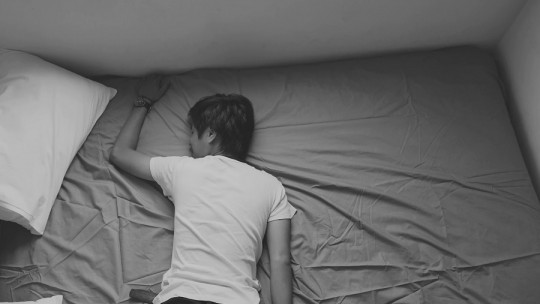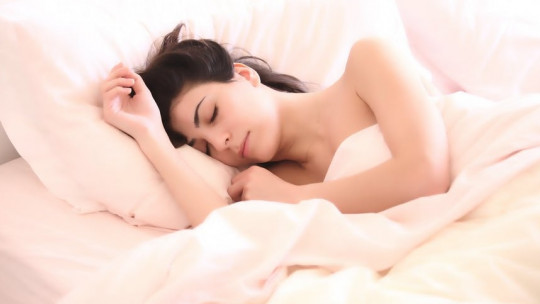It is estimated that between 20 and 48% of the Spanish population has had temporary sleep problems at some point in their lives, and it seems that this percentage is increasing. Taking this into account, it is likely that at some point in our lives we have had difficult nights in which we have had problems falling asleep.
When we present these difficulties we frequently call them “insomnia”. AND The best way to combat this type of problem is to follow some sleep hygiene guidelines. Below we will talk about both issues.
What is insomnia?
The insomnia It is that difficulty sleeping when we cannot fall asleep either due to not being able to start it, not being able to maintain it or due to the presence of frequent nocturnal awakenings without being able to go back to sleep.
Consequently, our daytime life is considerably affected: our general performance decreases, we have attention and concentration difficulties, fatigue problems and alterations in our mood and state of mind, among others.
How can we detect that we suffer from insomnia?
As these problems are subjective, it is relatively difficult to detect with certainty that we may have insomnia. However, There are some parameters that we can take into account to assess the possibility of having insomnia and these are:
It is important that we know that, in addition to these criteria, there must also be our Negative subjective assessment of the impact on physical and psychological status since not all of us need the same hours to have a comfortable sleep.
What can we do?
There are a series of guidelines that are usually implemented as first measures when intervening in insomnia problems, and these guidelines are those of sleep hygiene. They have the objective of implementing in us a series of habits that promote the quality of our sleep, it is a way of teach our mind and body that it should rest and how to do it to establish that routine again.
On the other hand, each person has different personal circumstances and must be adapted to them for the therapy to be effective. So in a complementary way we will comment on the general changes that can be made to improve the quality of sleep:
1. Guidelines regarding our food, drinks and other substances
It is important that we avoid overeating at dinner, but also not leaving hungry. In addition, it is recommended that our dinner be light and with an abundance of carbohydrates, since they facilitate sleep.
On the other hand, it is also recommended that we restrict fluid intake during the hours close to going to bed and going to the bathroom and urinating before, thus preventing us from getting up in the middle of the night. In that sense, it is also recommended that we do not get up to eat or drink something, as it could cause us to wake up. The best thing would be to bring a glass of water when we go to bed to avoid this.
Regarding other types of drinks, we should avoid drinking coffee after 4 in the afternoon since it is a type of stimulating drink that can influence us to fall asleep, as well as theine, chocolate and soft drinks.
We must also avoid consuming alcohol and tobacco, since they are substances that can cause nighttime awakenings.
It is true that physical exercise helps us to be tired at night, making it easier to fall asleep and make it deep. However, we should not do it during the three hours before going to sleep, since we need a high level of activity to gradually decrease, and this takes time.
In that sense, It is important that the activities we do before bed are low intensity and that do not require high attention and concentration.
On the other hand, it is also known that constant light affects our sleep. Therefore, we must restrict the use of technological devices such as mobile phones, computers or tablets before going to sleep.
- Related article: “The 10 psychological benefits of practicing physical exercise”
3. Guidelines regarding our environment
There are certain aspects of our environment that also influence our sleep. Thus, the bed where we sleep must be adequate, and the clothes we wear should not be scanty, excessive or annoying.
It is also recommended that the light we use is not so intense, that the temperature is between 18 and 22 degrees and that the humidity is adequate.
On the other hand, It is recommended that the environment be quiet and without noise while we sleep since noise makes our sleep difficult.
4. Other important guidelines
In order to facilitate the regularity of our sleep, it is important that we go to bed at the same time every day regardless of how much we slept that night, as well as always getting up at the same time. This will get our body used to those hours of sleep.
Furthermore, it is also important that we do not use the bed for activities other than sleeping.
If we do not fall asleep within 15 or 30 minutes, we can get up and do a non-stimulating activity, such as reading a boring book until we feel sleepy again.
In conclusion, although it may be difficult for us, it is about changing our habits to ensure that our daily routine helps us fall asleep more easily at night. For personalized attention in the effective treatment of insomnia and disorders related to this symptomatology, at PsicoAlmería we can assist you both in person and online.

